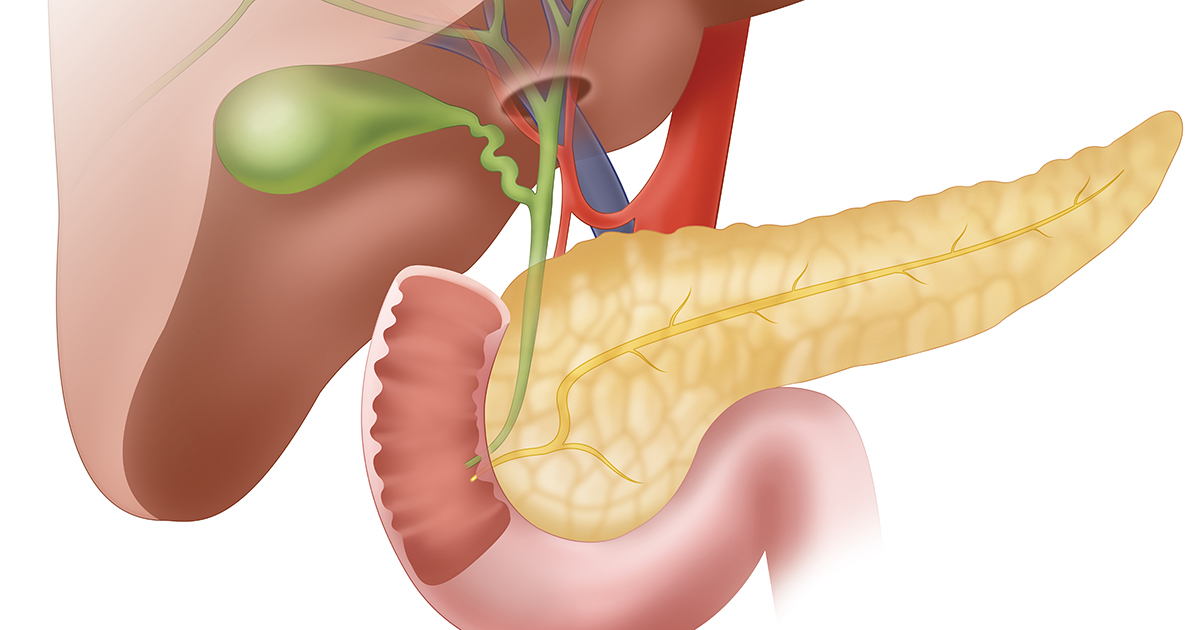Exocrine Pancreatic Insufficiency (EPI), also referred to as pancreatic exocrine insufficiency (PEI) or exocrine pancreatic dysfunction (EPD) is a condition where the pancreas doesn’t produce enough digestive enzymes, or the enzymes are not mixing properly with nutrients. This can happen because of certain diseases, including cancers of the pancreas, small intestine, and stomach, radiation therapy, and/or surgical resection of these organs.
The pancreas is an organ that makes three types of enzymes – lipase, protease, and amylase. These three enzymes are involved in fat, protein, and carbohydrate digestion and aid to digest food and absorb nutrients. When EPI is present, normal digestion and absorption of nutrients are impaired and may result in undesirable symptoms and undernutrition (malnutrition) over time.
Signs and symptoms of EPI & Patient Generated Screening
Unfortunately, EPI presents in a variety of ways which can make diagnosing this condition difficult. In many cases, the symptoms of EPI can overlap with other medical conditions. A patient generated questionnaire below can be used to see if you should be evaluated for EPI.
Patient Screen for Clinical Indicators of Pancreatic Exocrine Insufficiency
1. Are you experiencing any of the following symptoms? Check all that apply.
❑ Excessive gas (belching, flatulence, bloating, or abdominal fullness)
❑ Feel full quickly when eating
❑ Cramping or pain with meals
❑ Stomach makes excessive noise
❑ Gas that is foul or rotten smelling
❑ None of the above
2. Do any of the following describe your bowel movements? Check all that apply.
❑ Floating, fluffy, or puffy
❑ Loose or unformed
❑ Urgent
❑ More frequent than usual
❑ Large size
❑ Yellow or light-tan
❑ Oil visible in the toilet after a bowel movement
❑ Unusually foul or rotten smelling
❑ Cramping or pain with bowel movements
❑ None of the above
3. Are you avoiding certain foods or types of foods because they cause unpleasant digestive symptoms? Yes/No
4. Are you eating regular amounts of food but losing weight? Yes/No/Unsure
Treatment for EPI
Pancreatic enzyme replacement therapy (PERT) is a prescription medication which replaces the enzymes your body isn’t making enough of to help digest and absorb nutrients. Your prescribing health care professional can help you find the right dose based on factors like your body weight and diet pattern, including how often and how much you eat with meals and snacks. Generally, you will need to take PERT with the first bite of food for all meals and snacks. It may take some time to figure out what dose works best for your body to help you digest and absorb nutrients.
There is an array of PERT capsules to choose from, some common ones being CREON, Pancreaze and Zenpep. There may be an adjustment period to find the correct enzyme for your body as well as the correct dosage. While these enzymes can often be expensive, many drug companies offer payment assistance programs that can help.


